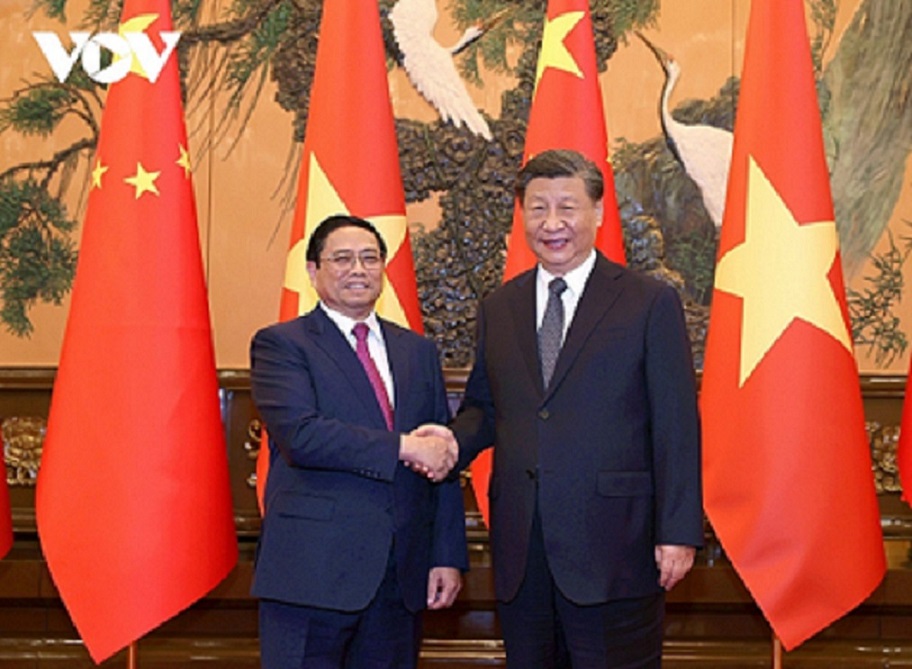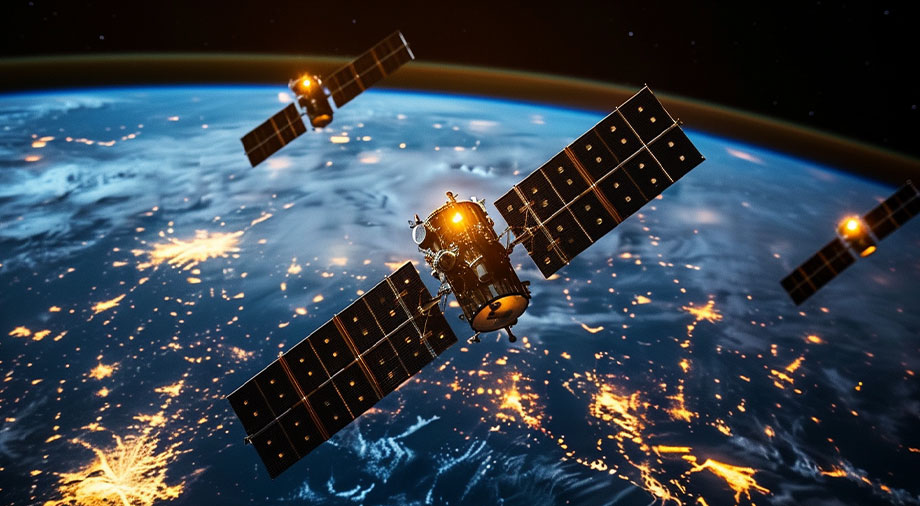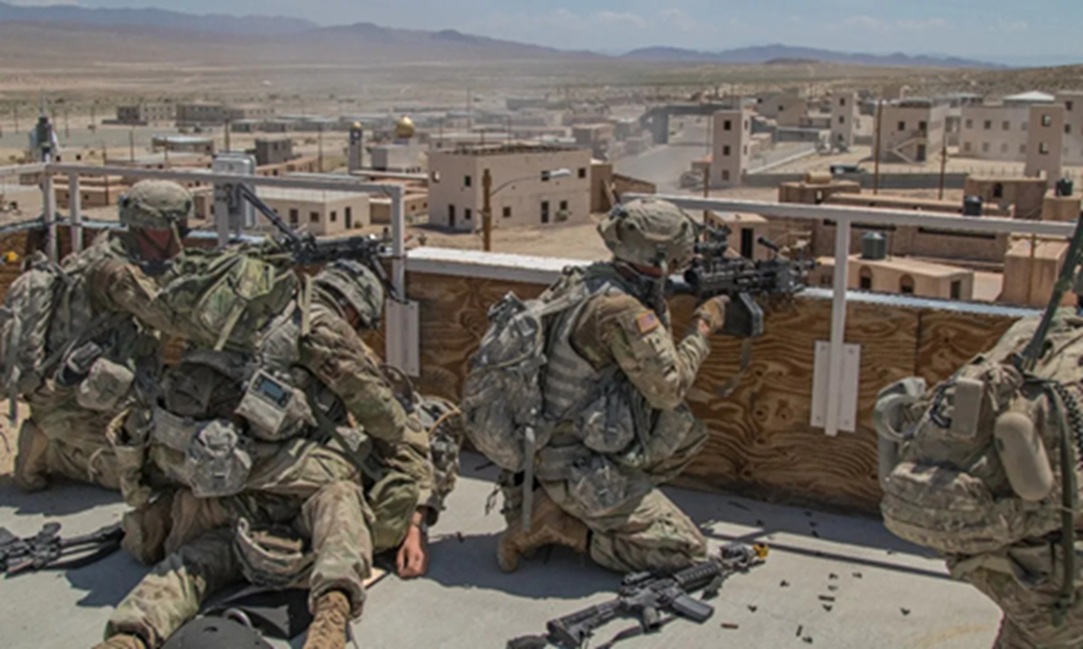Vietnamese Prime Minister, Pham Minh Chinh visited China in June 2023 to strengthen the Vietnam-China Comprehensive Strategic Cooperative Partnership. The visit was also an opportunity to explore new vistas under the “blueprint for the new era” set out by General Secretary of the Communist Party of Vietnam Nguyen Phu Trong and Chinese President Xi Jinping in October 2022. Over the last few years, Vietnam-China bilateral relations have witnessed significant progress marked by regular visits and conversations (in person and virtual) by senior leaders of both countries. At the functional level, notable meetings have taken place between the Vietnamese PM and the Chinese ministries, industry, and people’s organisations, contributing to mutual trust and friendship.
These exchanges are backed by promising bilateral economic, trade, and investment avenues. Today, Vietnam is the fourth largest trade partner of China and according to Vietnam Customs, the bilateral trade was valued at US$175.6 billion in 2022 and has already touched US$ 61.5 billion in the first five months of 2023. Furthermore, in 2022, China invested US$ 23.85 billion in 3,651 projects in Vietnam and was ranked sixth among the investors. In 2023, China invested US$ 1.08 billion in 156 projects in the first five months, emerging as the third biggest foreign direct investor behind Singapore and Japan.
In his meetings with Chinese leaders Prime Minister Pham Minh Chinh highlighted the need for efficient connectivity (rail, road and sea), resumption of commercial flights, management of resources in the Mekong – Lancang river basin, and people-to-people exchanges. A bilateral search and rescue at sea agreement is likely to be signed.
While much of the focus of the visit is on Party-politico-diplomatic-economic-trade-infrastructure investments, “solutions for maritime issues” is also part of the agenda. It is Hanoi’s belief that a high level of political trust can help find solutions to bilateral issues including those at sea” and can potentially contribute to “peace and stability, and regional and global cooperation”
In the above context, in May 2023, speaking at the G7 Summit session on “Towards a peaceful, stable and prosperous world”, Prime Minister Pham Minh Chinh called for resolving conflicts through dialogue to find long-term solutions. He urged that “nations need to strictly implement the Declaration on the Conduct of Parties in the East Sea and move towards achieving a substantive and effective Code of Conduct in the East Sea in accordance with international law, especially the UN’s Convention on the Law of the Sea 1982 (UNCLOS)”. Prime Minister Pham Minh Chinh urged the concerned parties to “exercise restraint and not take actions that would complicate the situation and violate the sovereignty, rights and jurisdiction of related countries established by UNCLOS”.
PM Chinh has proposed to his Chinese counterpart that the two sides “strictly implement” the “Agreement on basic principles guiding the settlement of sea-related issues between Vietnam and China; respect each other’s legitimate rights and interests; settle disputes and disagreements by peaceful means in accordance with international law, including the 1982 United Nations Convention on the Law of the Sea (UNCLOS); promote the effectiveness of negotiation mechanisms on maritime issues; fully and effectively implement the Declaration on the Conduct of Parties in the East Sea (DOC), and strive to build a substantive, efficient and effective Code of Conduct in the East Sea/South China Sea (COC) in line with international law, including the UNCLOS.
Prime Minister Pham Minh Chinh’s visit is also an occasion to participate in the 14th Annual Meeting of the New Champions (AMNC) of the World Economic Forum (WEF). The Annual Meeting of the New Champions (AMNC) of the World Economic Forum (WEF) is important for Vietnam and according to the Spokeswoman of the Vietnamese Ministry of Foreign Affairs, it is a chance for Vietnam to “affirm its consistent foreign policy of independence, self-reliance, diversification and multilateralisation of external relations, and comprehensive and intensive integration into the world” among other things. It is pertinent to mention that the AMNC is particularly significant given the “complex and unpredictable international relations and the downturn of the world economy” says the Vietnamese ambassador to China Pham Sao Mai.
It is evident that Prime Minister Pham Minh Chinh’s agenda during the visit included multiple issues. It is fair to assume that it will be a “rough road” to resolving maritime issues in the South China Sea. China has announced-proclaimed expansive claims in the South China Sea and built strategic-military infrastructure on the reclaimed reefs and shoals. This has caused concern among the other claimants particularly Vietnam, the Philippines, and Malaysia who too have been forced to respond by building defensive facilities. The Chinese Navy, Coast Guard and maritime militia have been harassing the law enforcement agencies of the other claimants. Even the ASEAN has been at the forefront to convey its unease over China’s aggressiveness at sea and has been pushing for the Code of Conduct in the East Sea/South China Sea (COC) in line with international law, including the UNCLOS; however, progress on this major issue remains stalled due to multiple reasons.
Disclaimer: The views and opinions expressed by the author do not necessarily reflect the views of the Government of India and Defence Research and Studies
Image Courtesy: VOV





